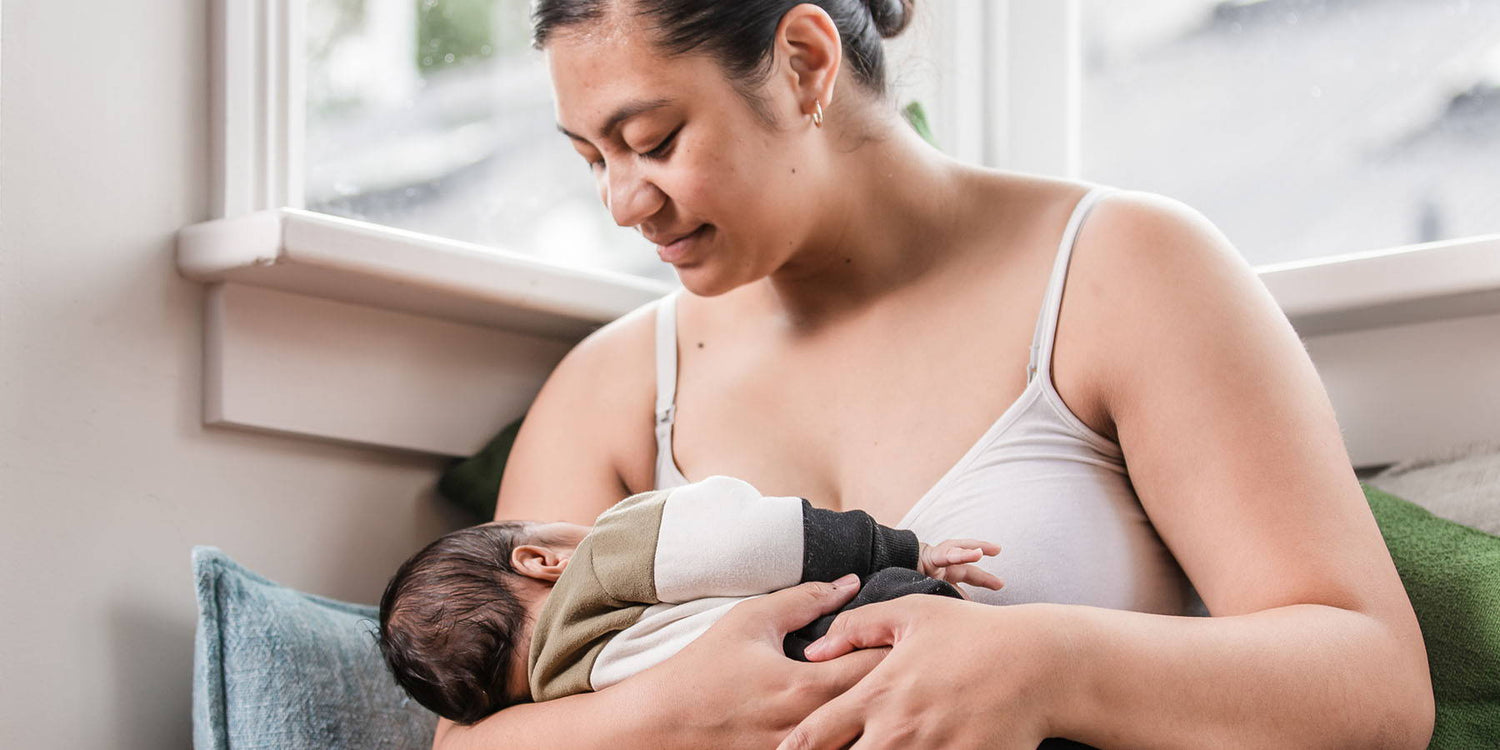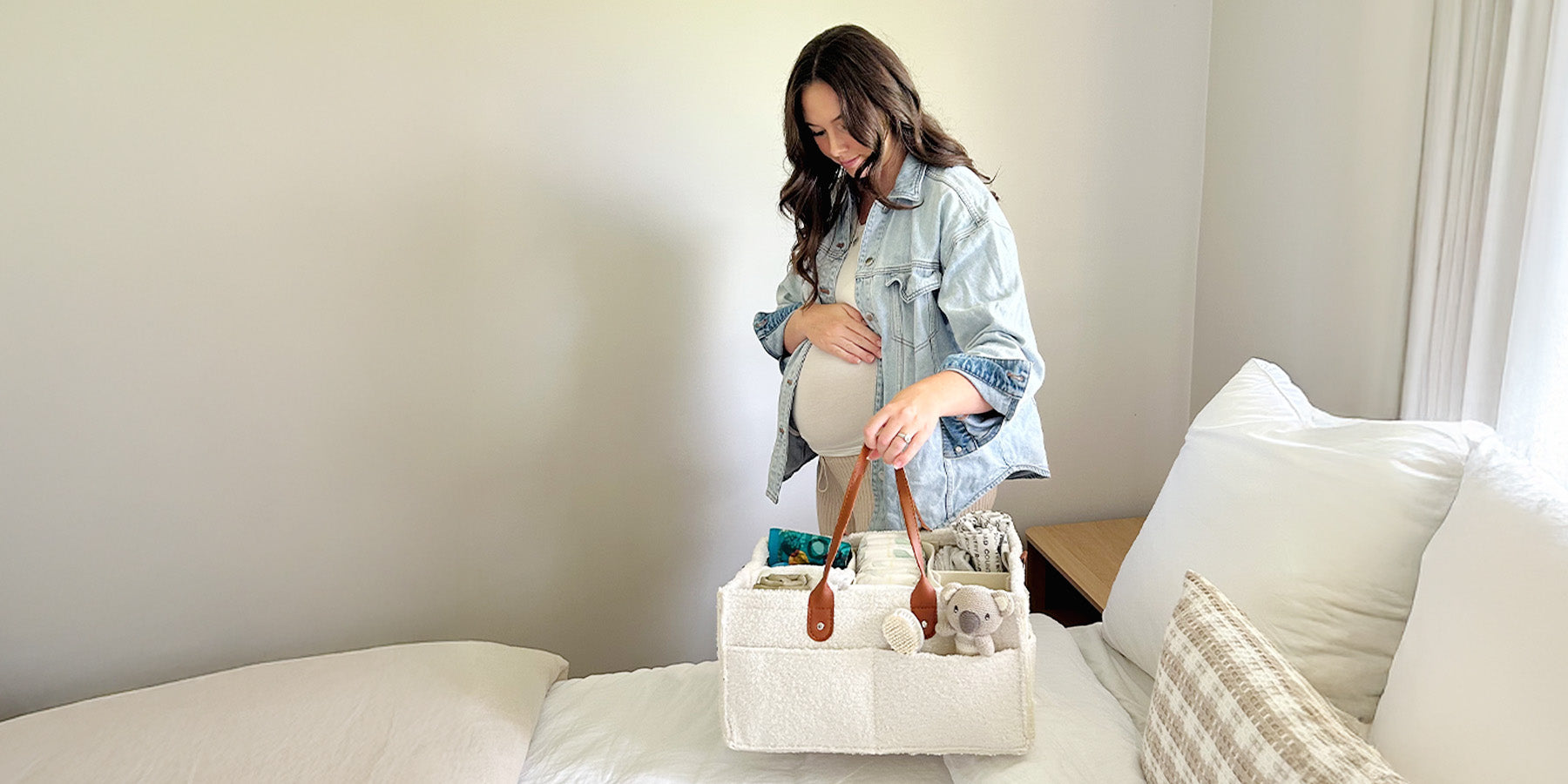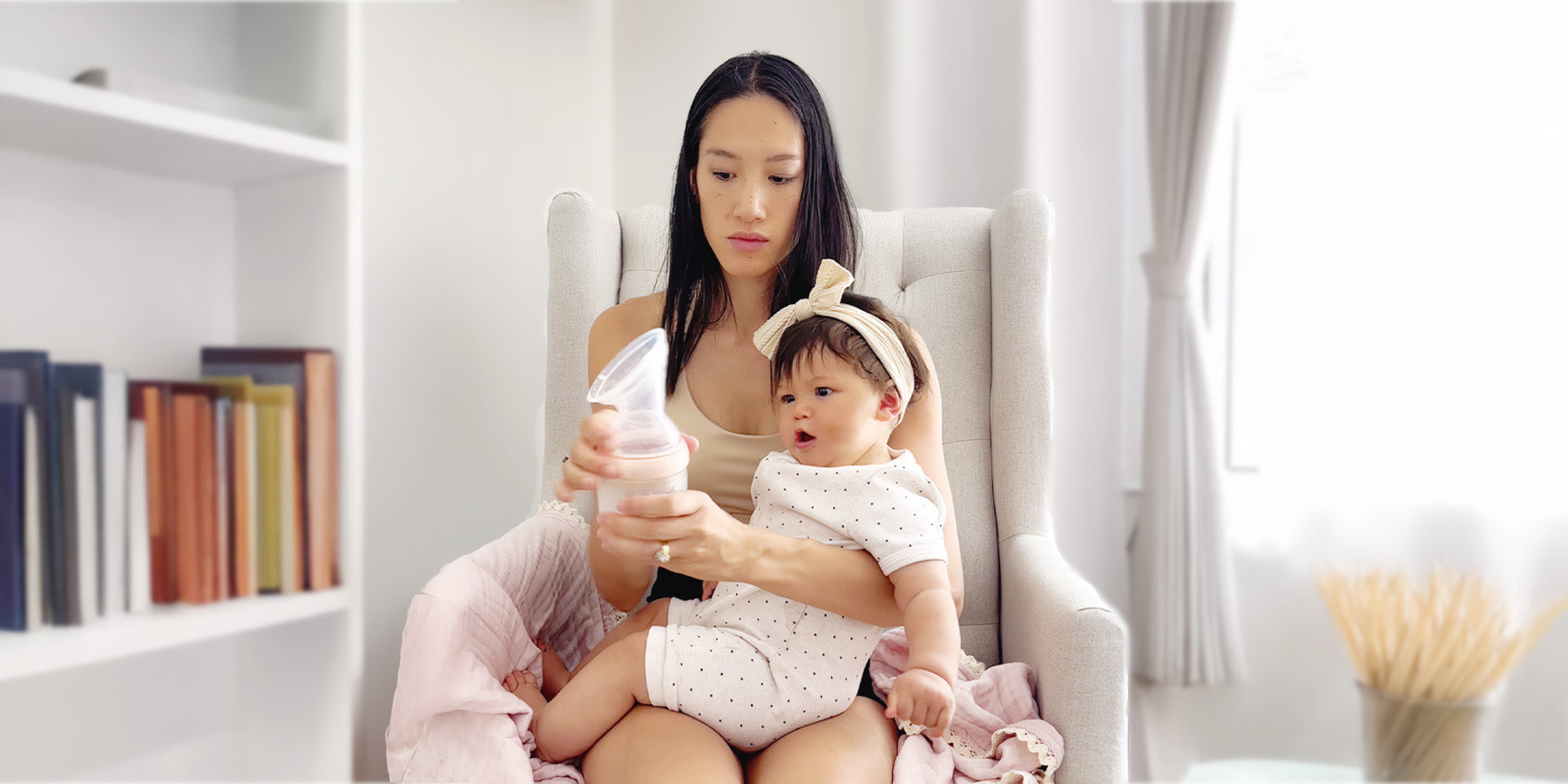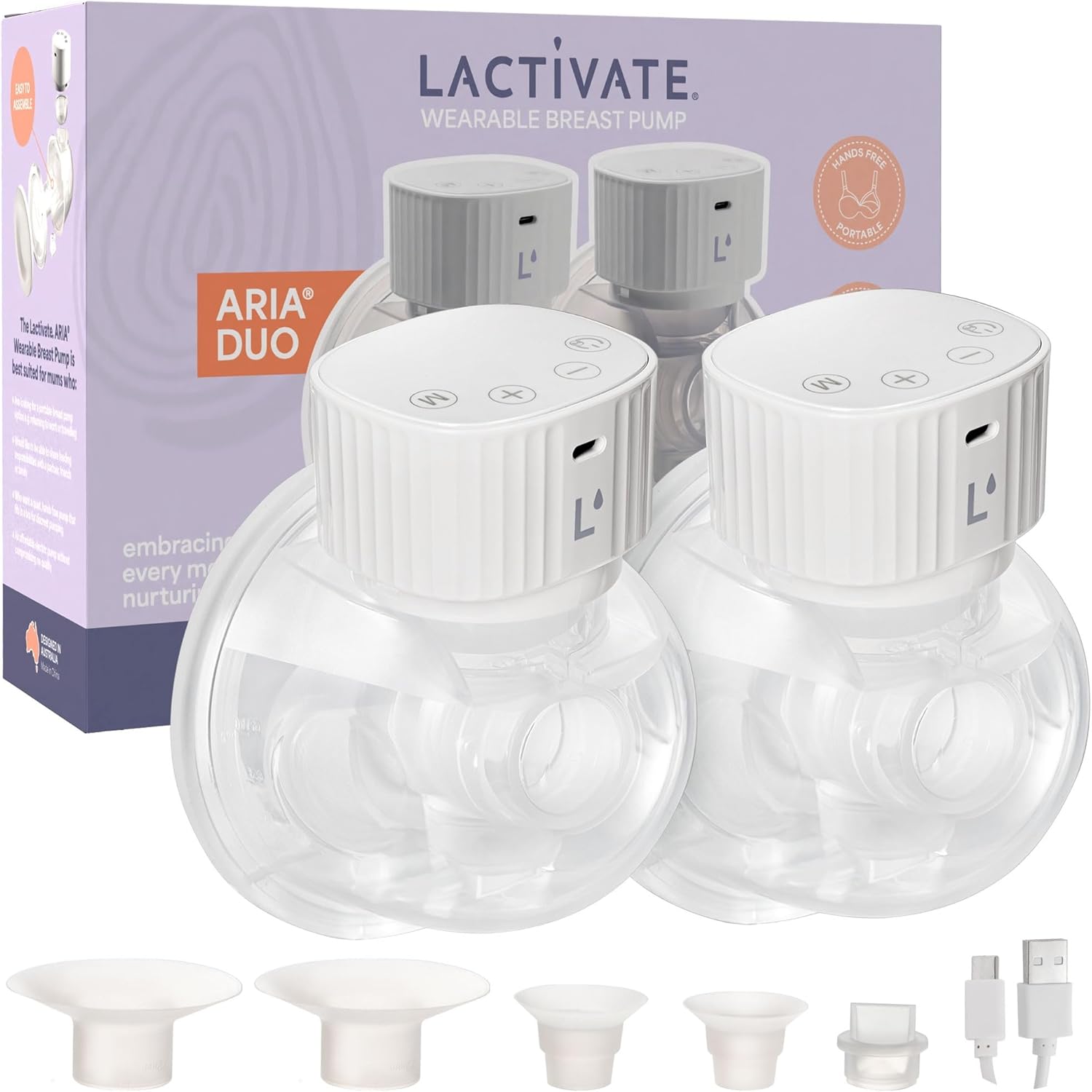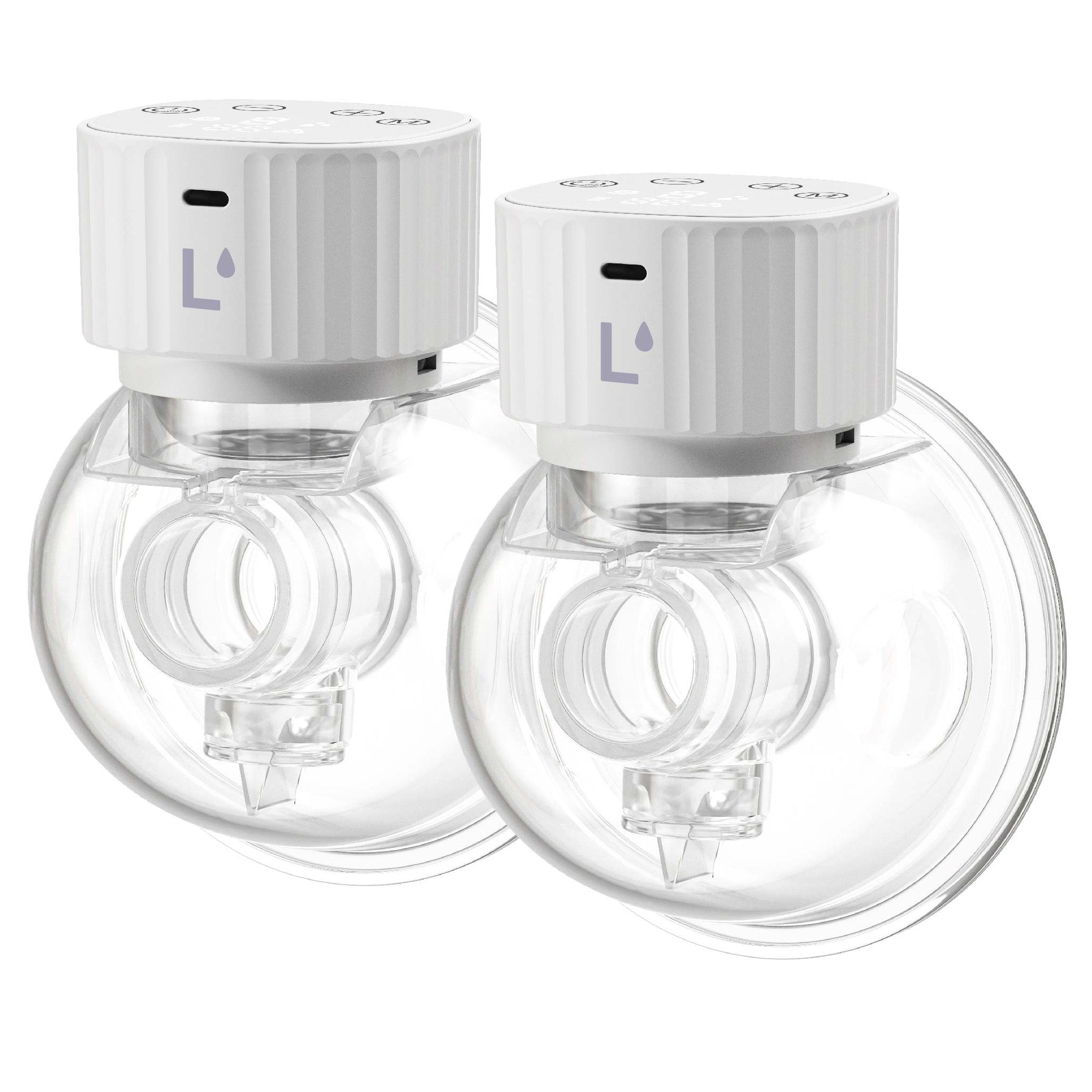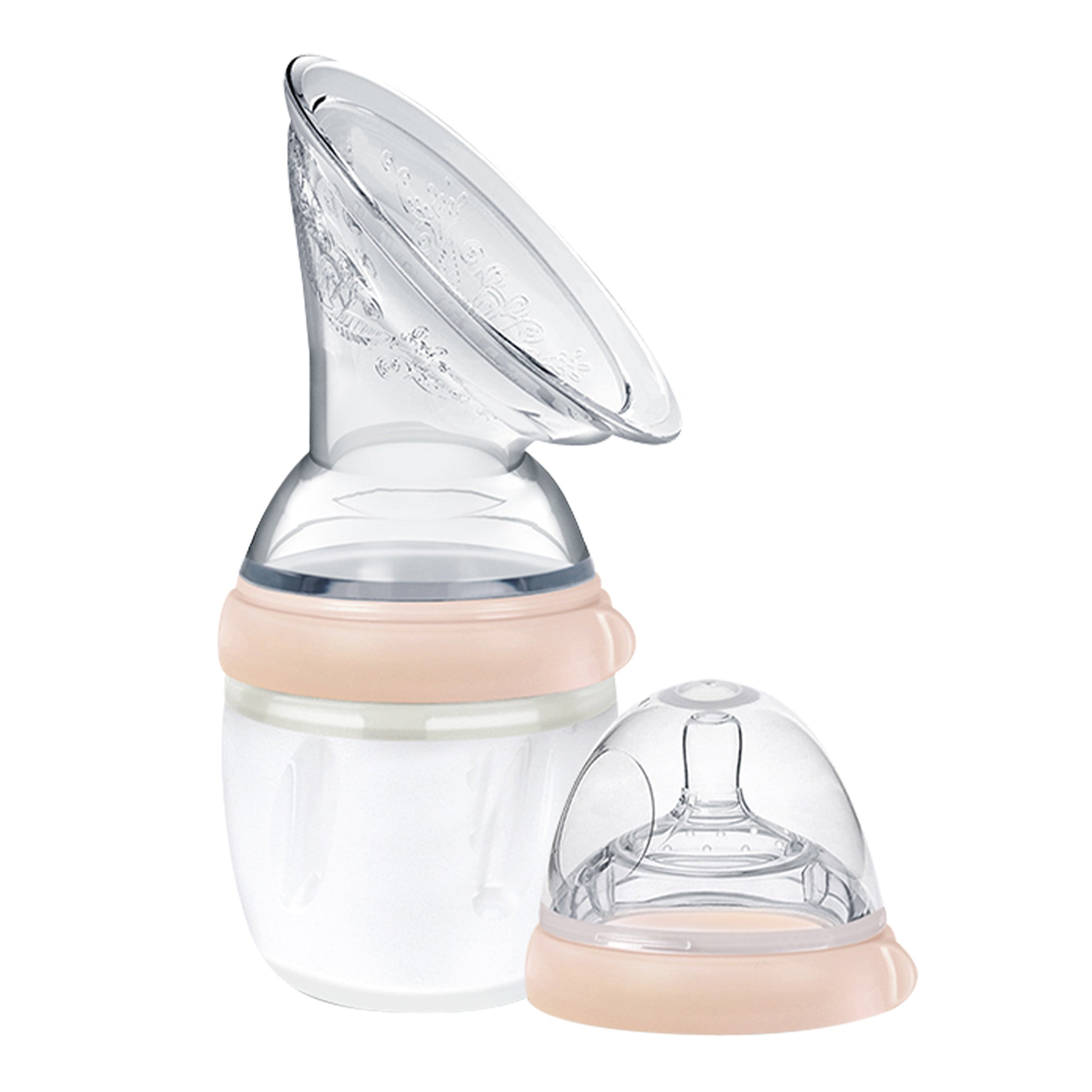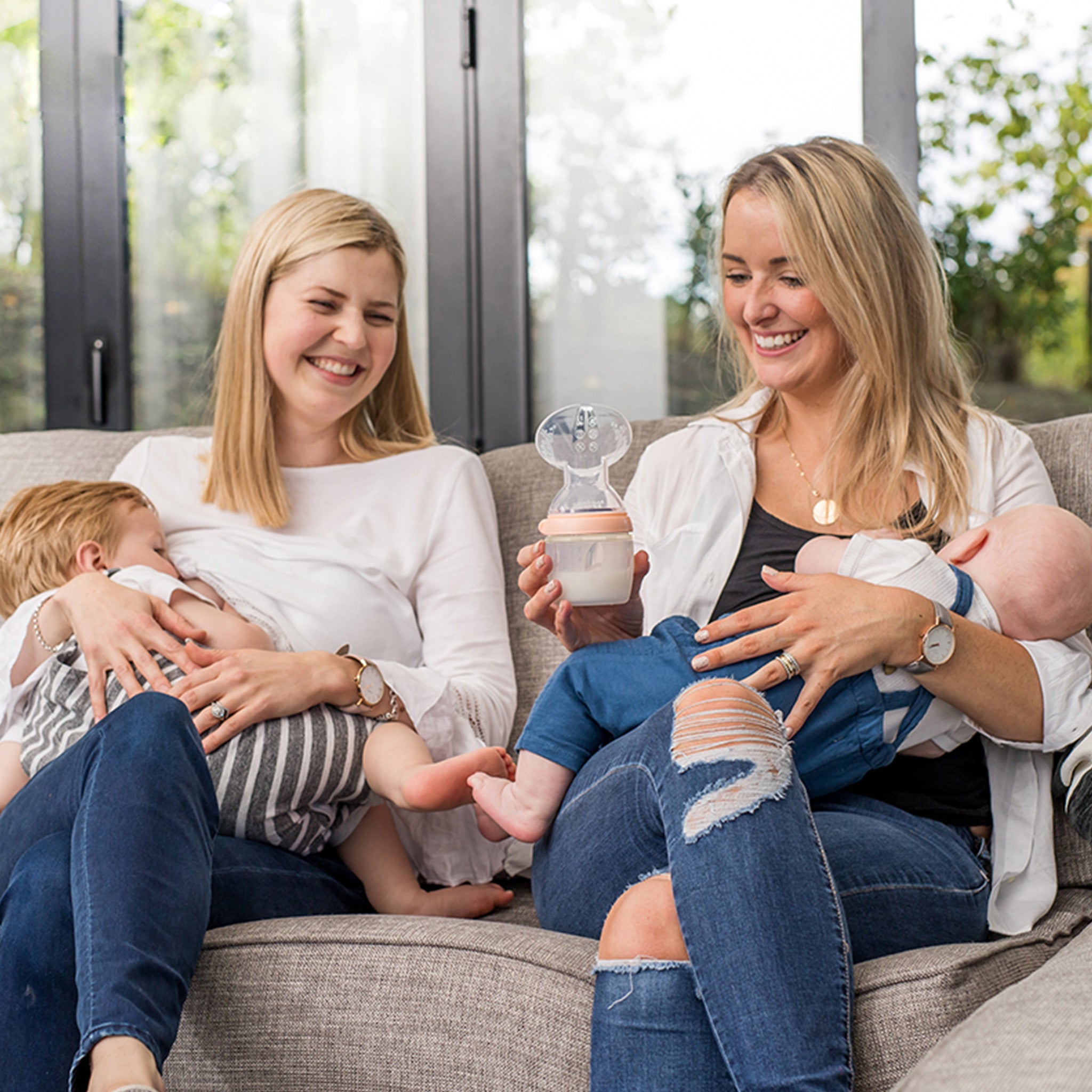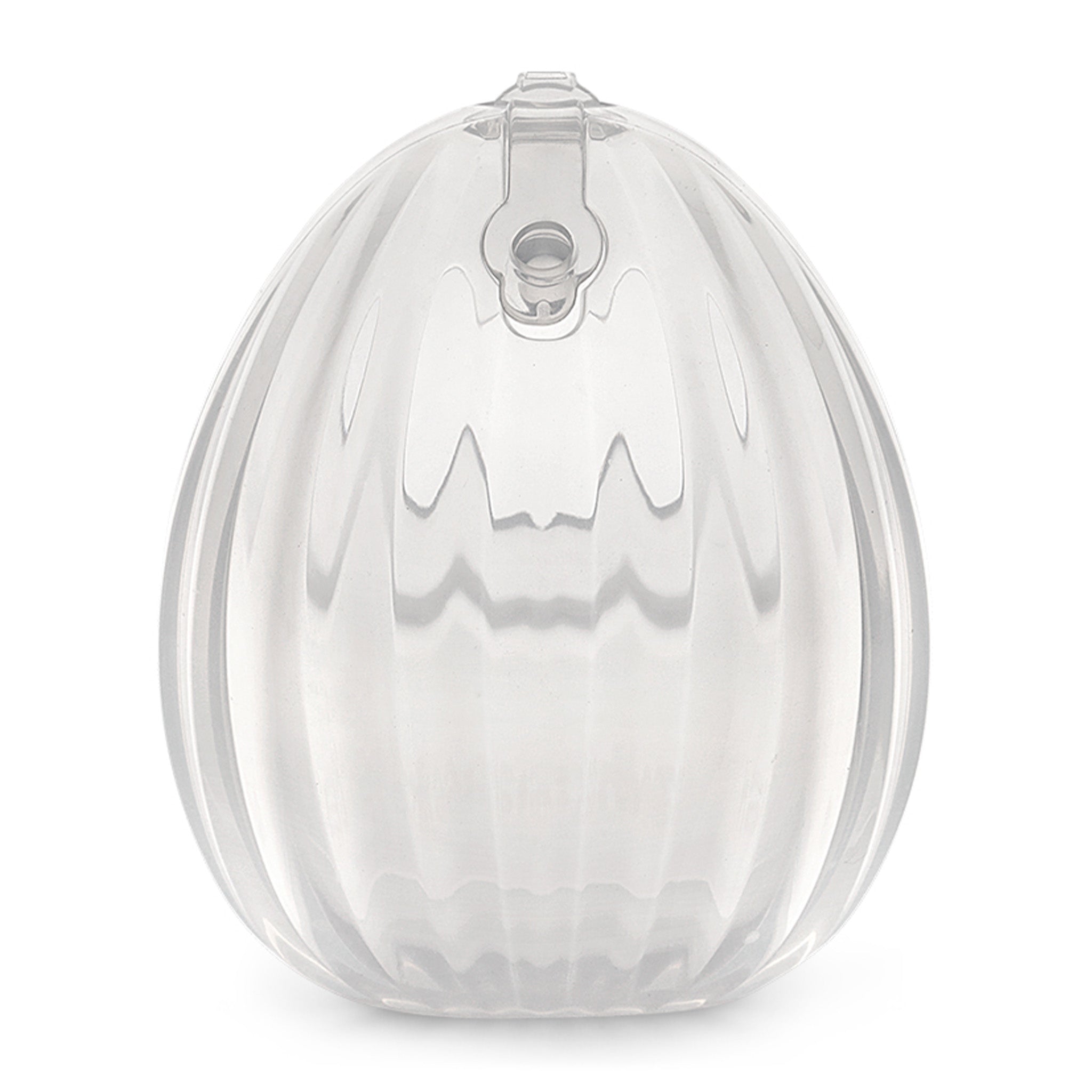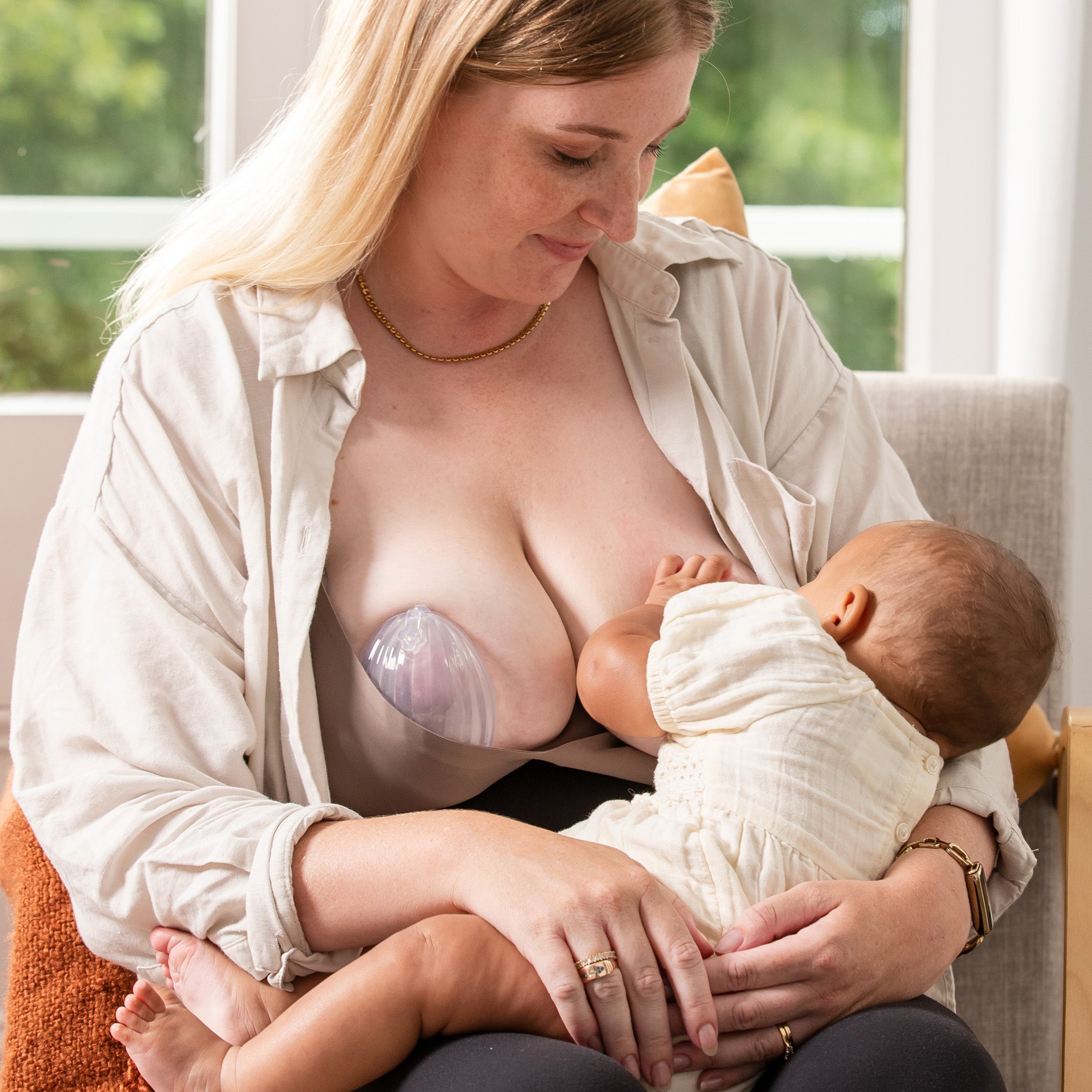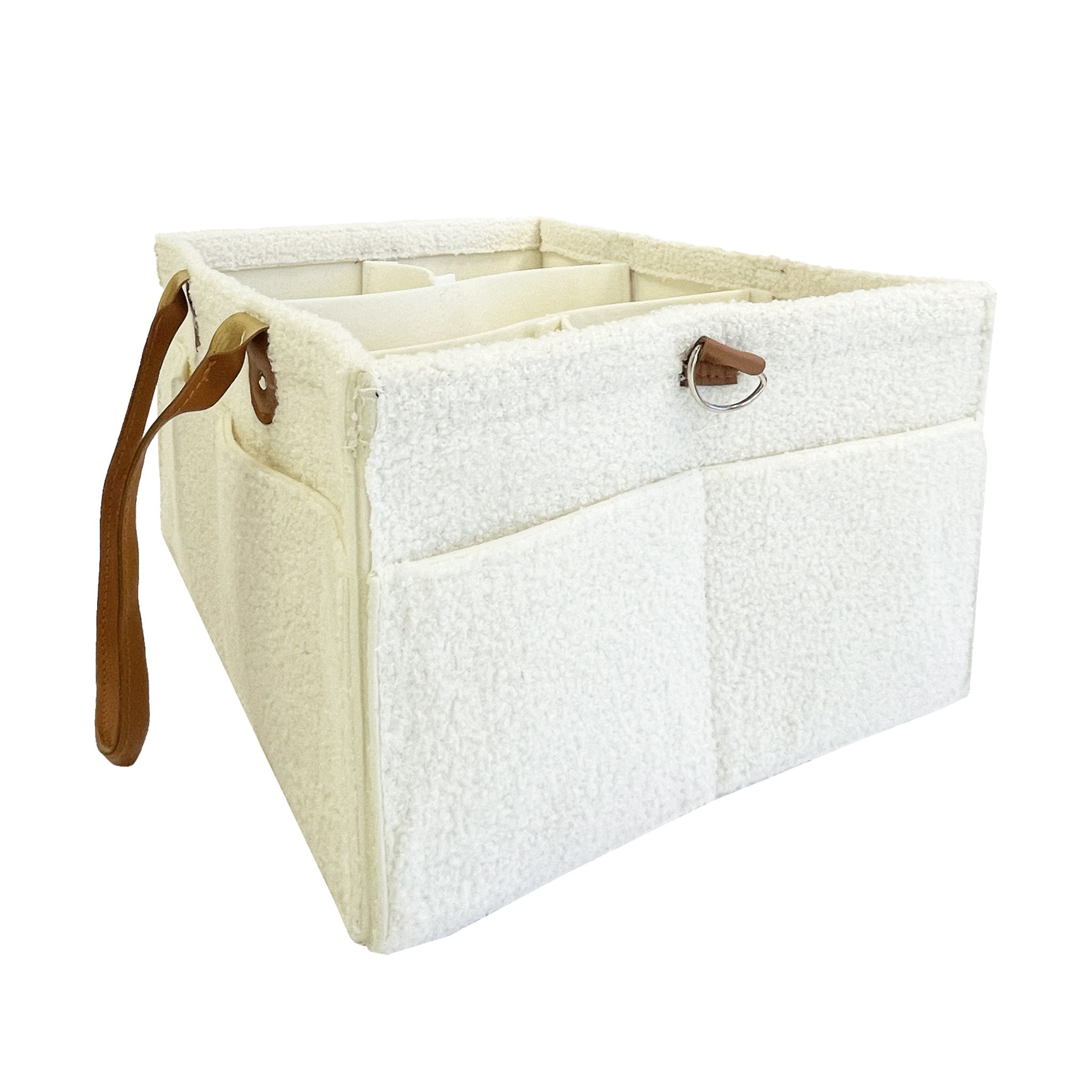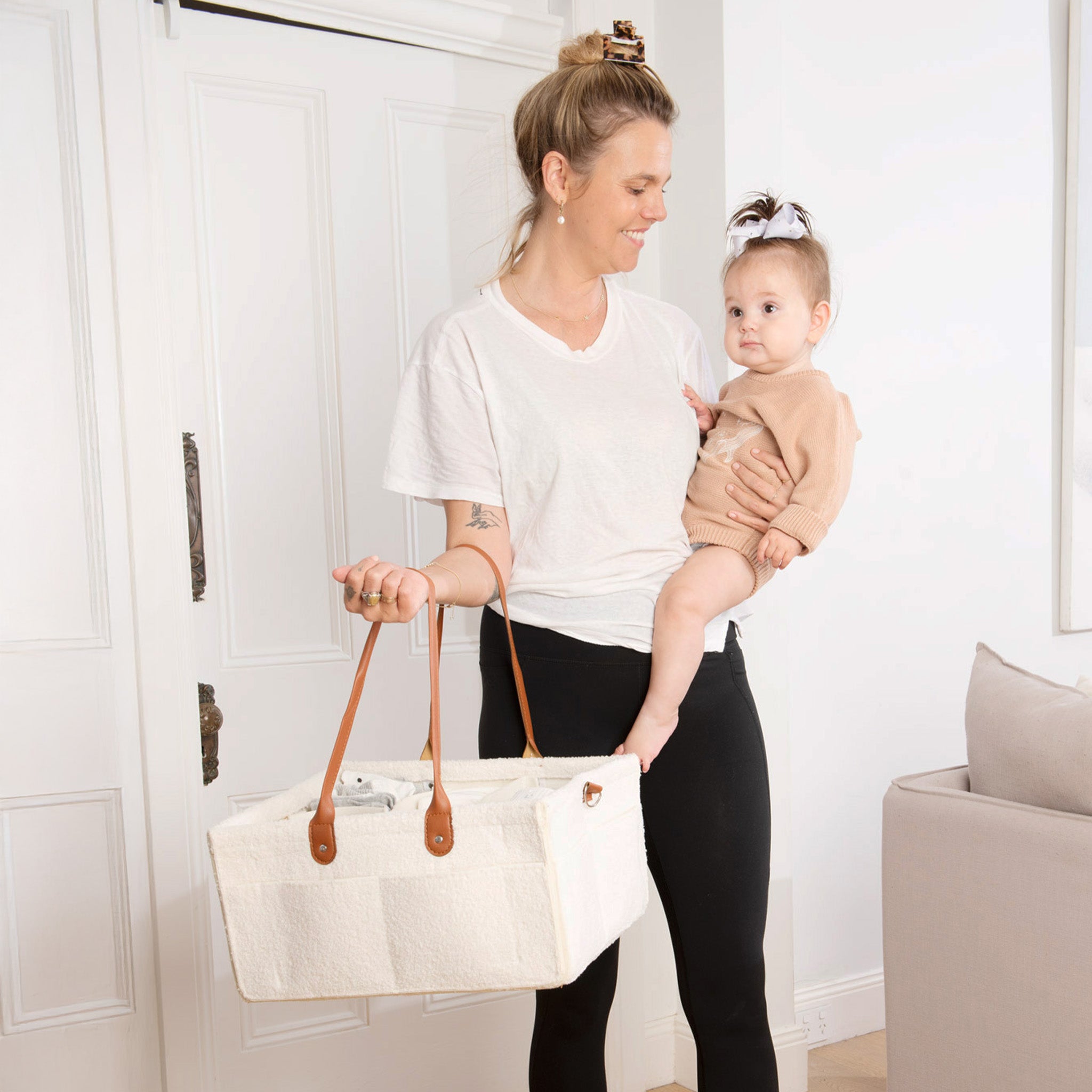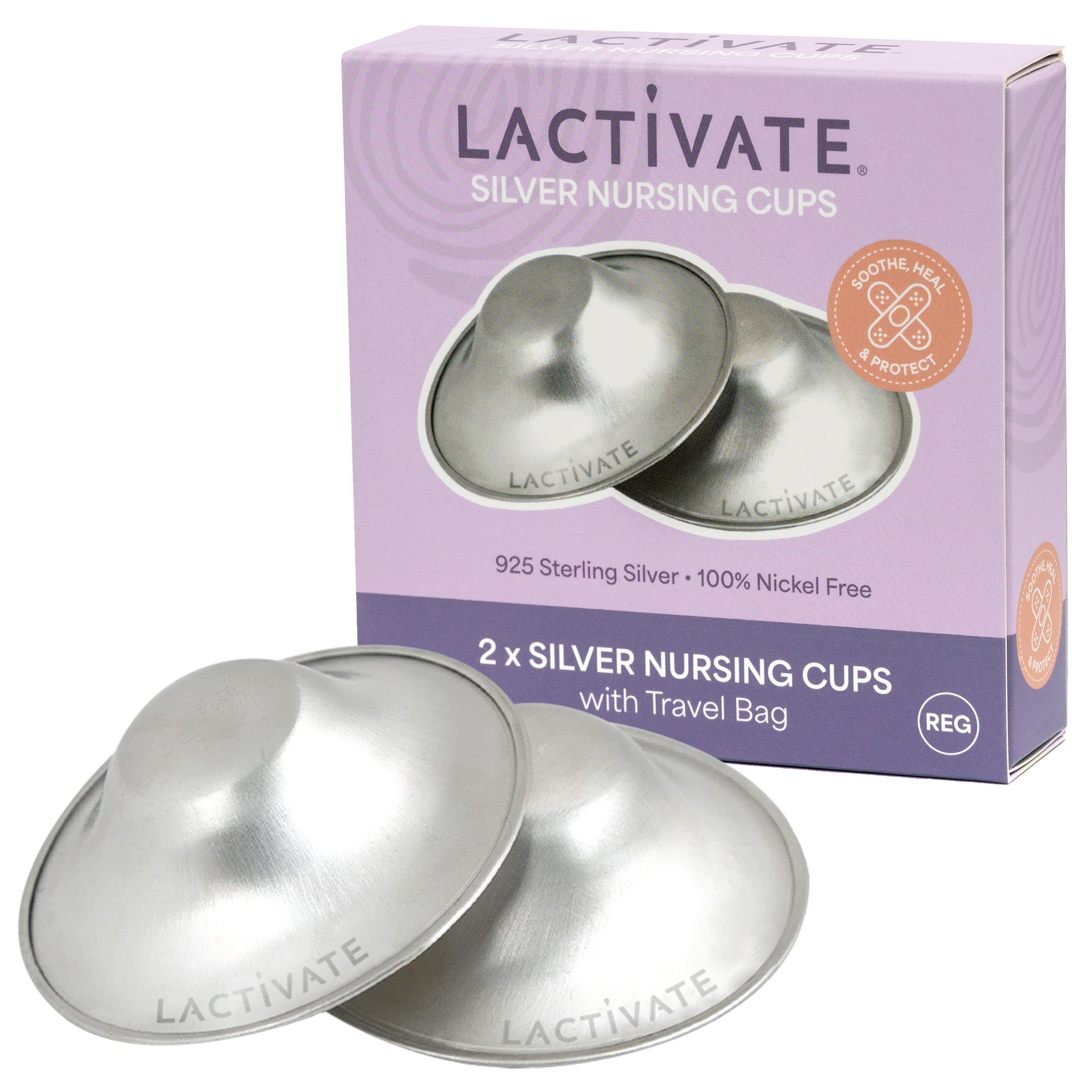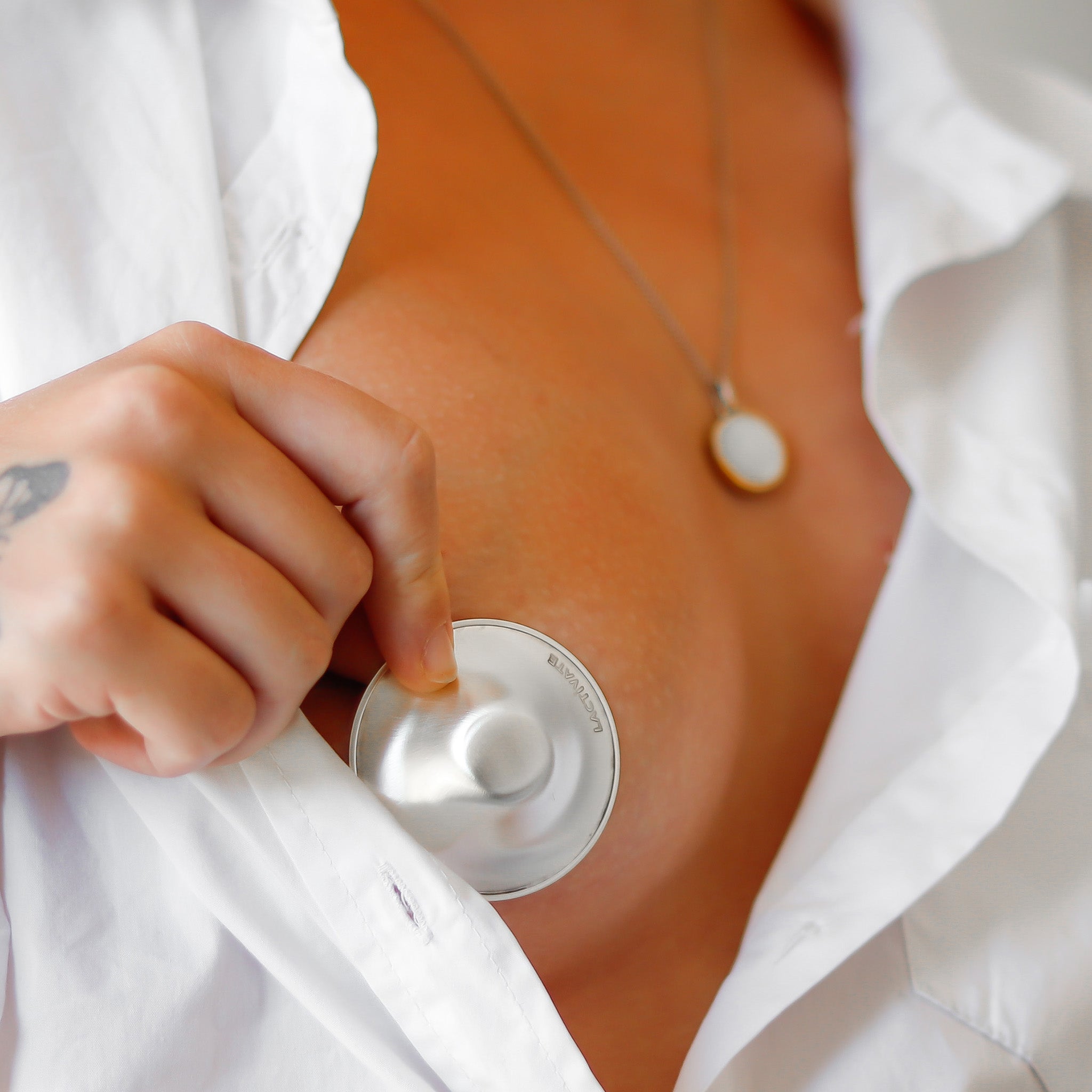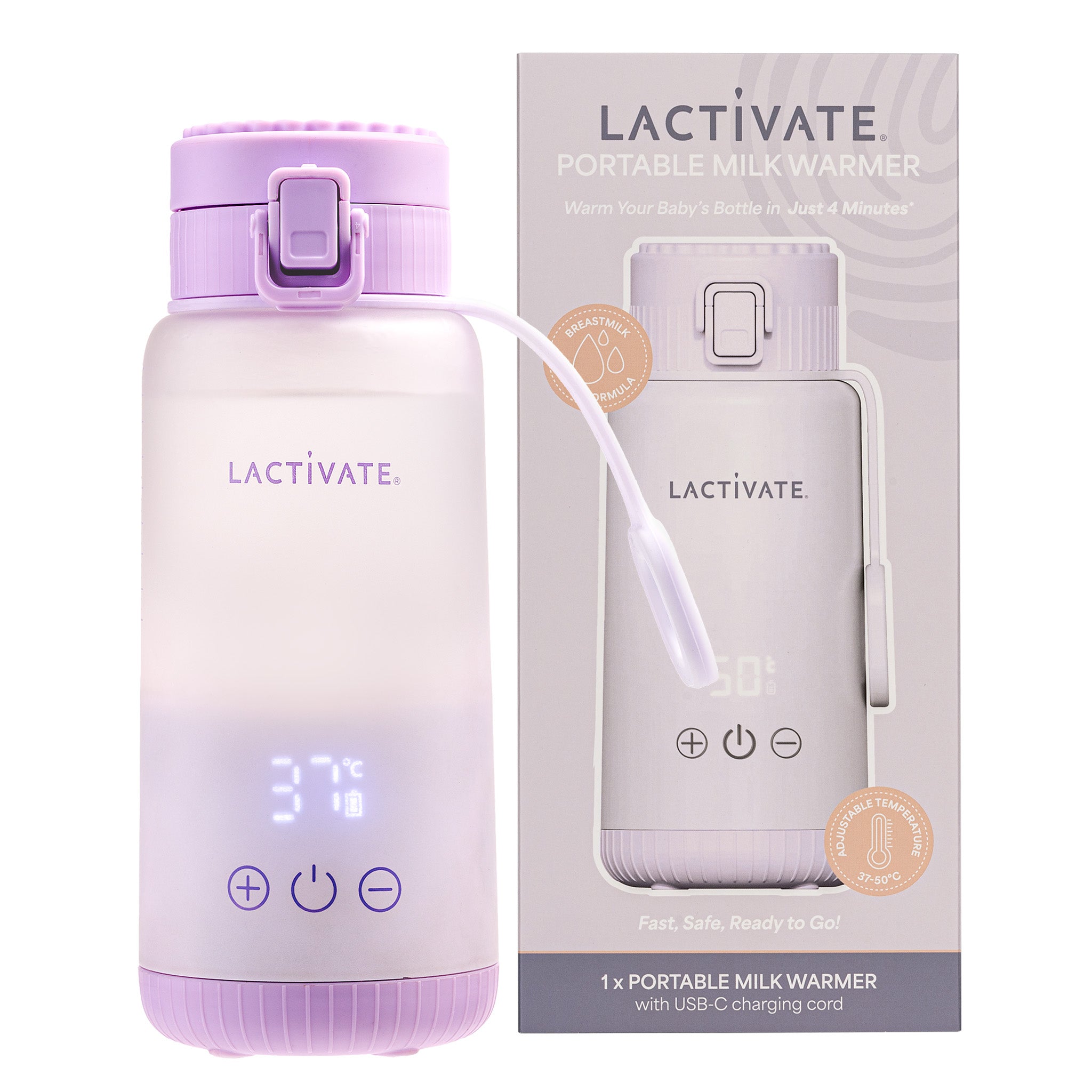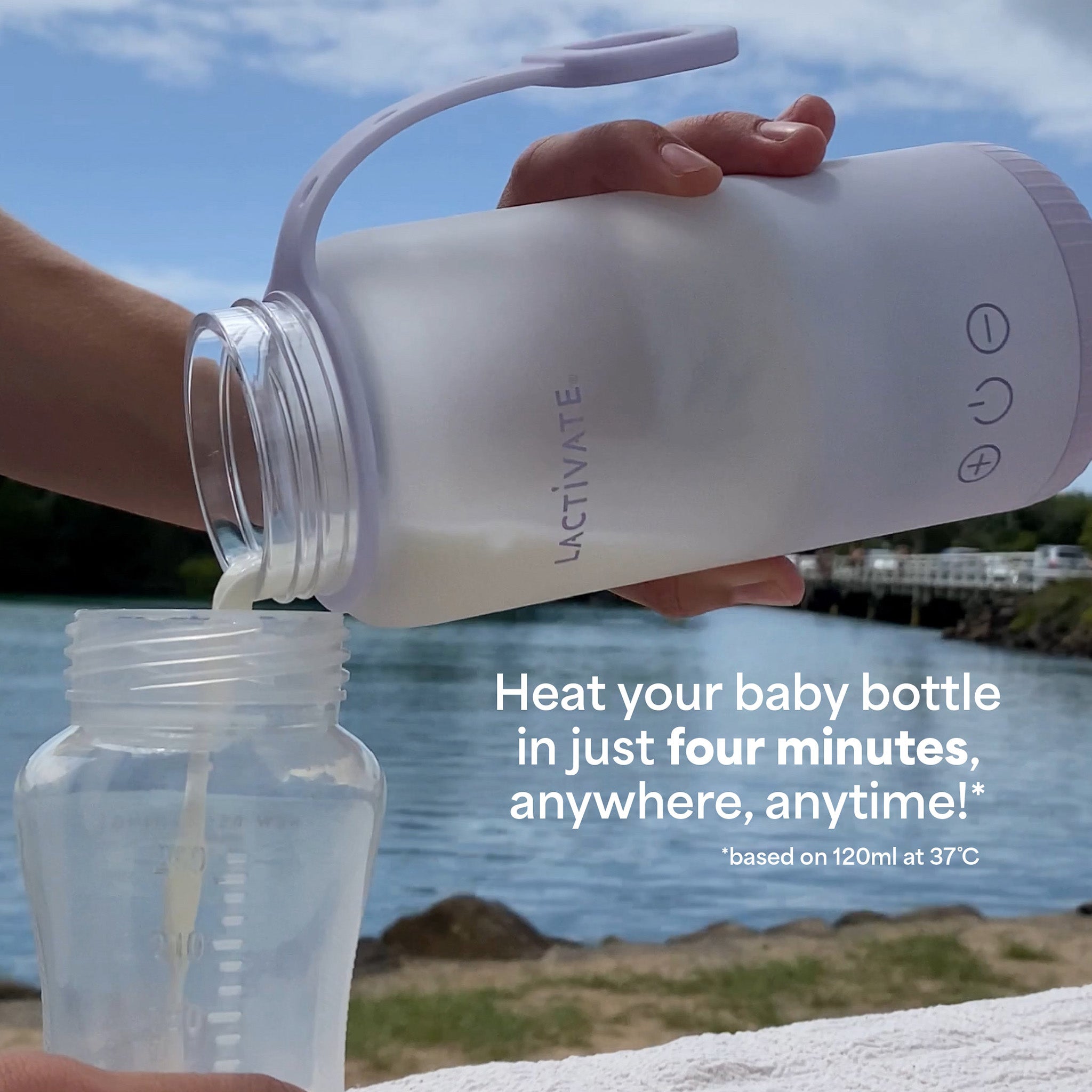Starting to think about another baby but wondering if you’ll be able to conceive as you’re still breastfeeding? We’ve got you mama! Breastfeeding and conception can be quite the confusing topic with plenty of misconceptions flying around. We’ve taken a deep dive to give you the facts so that you’re able to make an informed decision.
Can breastfeeding be used as an effective form of contraception?
This old chestnut! Breastfeeding as a form of contraception is one of those hotly debated topics that everyone seems to have an opinion on or a story about! The truth? Breastfeeding CAN have a contraceptive effect but only in some cases when specific criteria is met. The Lactational Amenorrhea Method, also known as LAM is listed as an effective form of birth control by the World Health Organization when:
- Your period has not yet returned (meaning you are not ovulating)
- Your baby is less than 6 months of age.
- You are exclusively breastfeeding (no solids or other supplementary feeds)
If you meet all these criteria, it’s likely that you can use LAM but once any of the above changes, the effectiveness will decrease dramatically. In a nutshell, when you’re breastfeeding your young bub around the clock, your period is unlikely to return meaning that you are not ovulating and cannot fall pregnant. Of course, there are exceptions to this rule and not all women will have a long absence of their period, even with exclusive breastfeeding. Which leads us very neatly to the next most-asked question: When will my period return?
I’m breastfeeding, and my period hasn’t returned, is this normal?
A delay in your period returning is absolutely normal for breastfeeding mums, especially if you’re breastfeeding exclusively and on demand. While it's typically expected that a mum who is EXCLUSIVELY breastfeeding (i.e. not supplementing and feeding regularly throughout the day and night) will enjoy being free from periods for between 9-18 months, some women will find that their period returns much earlier. Others may find that it's absent for an extended period. There is no 'one size fits all' answer unfortunately. And while your period may return once or twice, it could then seemingly disappear again for a good few months. You may also experience typical ovulation signs like cramping, breast tenderness or hormonal breakouts but find that your period doesn't arrive. It can be extremely frustrating and the unpredictability is one of the reasons many women decide against using breastfeeding as a contraceptive method. Generally speaking, many women will find that their period returns, or at least starts to 'feel' like it's coming back when their baby starts solids and begins sleeping for longer periods. These shifts indicate to your body that ovulation (and potentially pro-creation) can return.
If you’ve decided that you’re ready for another baby and your period hasn’t returned, you may need to consider how often you’re feeding and look to cut back/ cut down or wait a little longer for your cycle to return to start trying.
Can I actually conceive while breastfeeding?
If your period has returned, there is no reason why you can’t conceive while still breastfeeding. If you’ve decided that you’re ready for another baby and your period hasn’t returned, you may need to consider how often you’re feeding and look to cut back/ cut down or wait a little longer for your cycle to return to start trying. Our bodies are highly individual in their hormonal reaction to breastfeeding and any concerns you might have are best raised with your GP who can point you in the right direction.
Can I continue breastfeeding if I fall pregnant?
You can absolutely continue breastfeeding during pregnancy. There is no danger in doing so unless you’ve been advised otherwise by your caregiver. What some women do find however is that it becomes uncomfortable and sometimes even painful to feed in the early weeks as their nipples become extremely tender and sore due to hormonal shifts. Your milk supply will also change, often dropping in volume despite feeding regularly or changing in taste and texture as your body begins producing colostrum for your unborn baby. Some older babies and toddlers will self-wean at this stage as they become frustrated with the drop in supply and/or change in taste of your milk while others won’t be bothered in the slightest. This can be bittersweet, especially if you’ve chosen to keep feeding throughout your pregnancy and it’s important to take some time to work through the emotions of the weaning process if this happens.
If your little one continues to feed throughout your pregnancy, you may find yourself tandem feeding after birth. Feeding more than one child can be a whole new experience but one that many mothers enjoy. You may also find that your self-weaning toddler decides they want to start feeding again once bub arrives and your milk comes in again. Whether you choose to allow them to do so is totally up to you. You can find out more about tandem feeding and what it involves here.
Can I collect colostrum while breastfeeding and pregnant?
Collecting colostrum is absolutely possible while pregnant. As your pregnancy progresses you will find that your milk starts to shift into colostrum, even if you are still feeding your older baby/toddler. Provided you have been given the go-ahead by your caregiver, you can begin expressing and storing your colostrum from around the 37 week mark when you’re considered full term. If you are still breastfeeding, you can do this during a feeding session or by hand expressing before or after you’ve fed bub.

